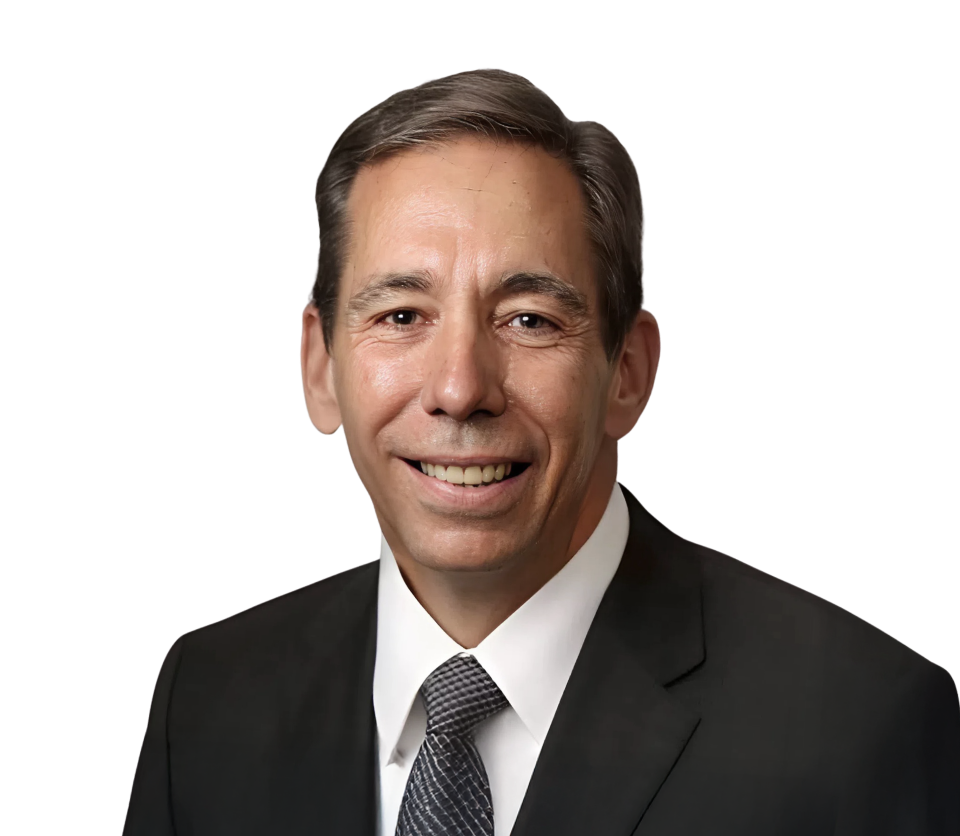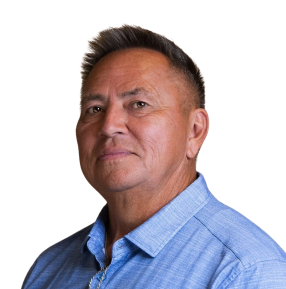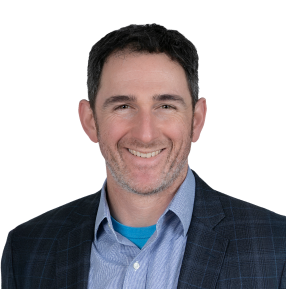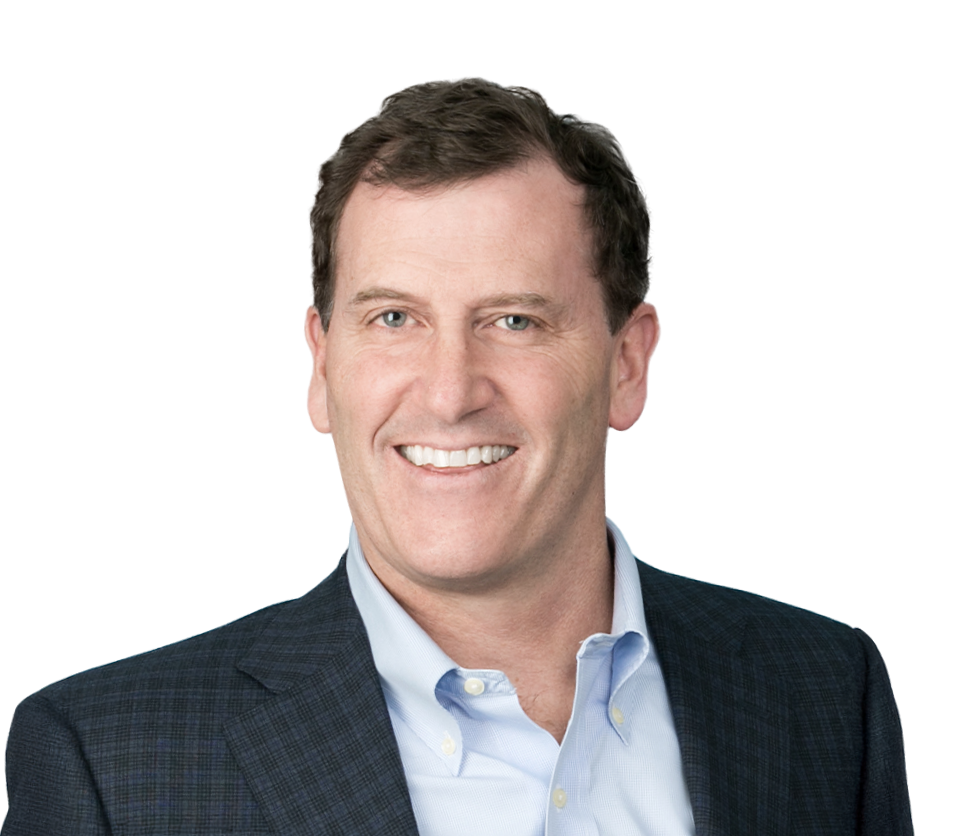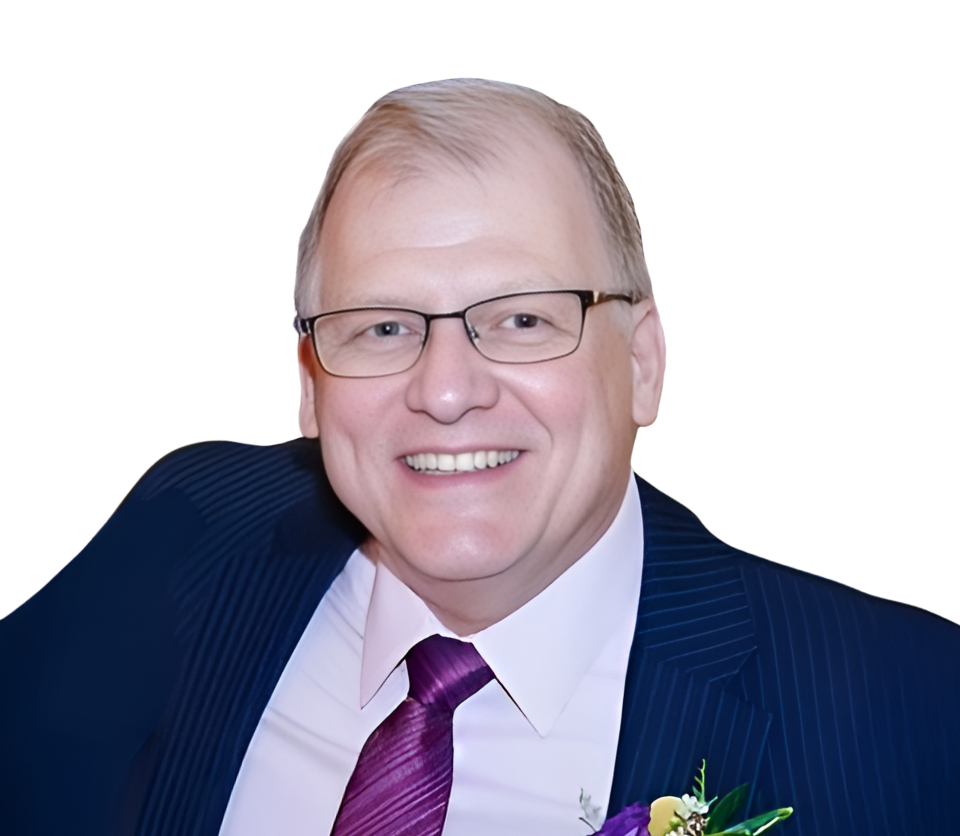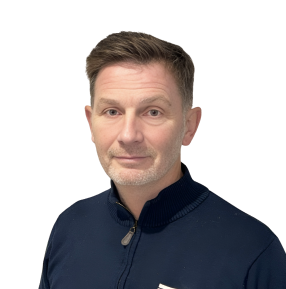Highlights of the Program
2 days business program:
Learn from real-world case studies by industry leaders.
SHOWCASING INNOVATION:
Discover the latest technology and techniques from across the industry.
leaders talk:
Hear from top-level experts about how to stay ahead in a fast-changing industry.
MULTIPLE STREAMS:
A business program that is multi-disciplinary, giving you a broad view of the industry.
SMART TECHNOLOGIES:
Explore the latest smart and AI-driven solutions, and see how they can be used in your business.
roundtable discussion:
Join talks with industry peers. Share ideas, make connections, and find new partners.
Program
Day 1 :
MONDAY, FEBRUARY 16, 2026
08:00 - 09:00
REGISTRATION AND MORNING REFRESHMENTS
09:00 - 09:10
OPENING ADDRESS
09:10 - 09:35
LEAK DETECTION SOLUTIONS FOR CO₂ PIPELINES USING PATENTED TECHNOLOGY


Adnan Chughtai
SLB
- Presenting reliable detection of pinhole leaks in CO₂ pipelines down to 0.2 inch in size
- Using sensor-based technology with the pipe shell and fluid as a waveguide for event data
- Tracking pipeline PIGs in real time, including location, arrival time, and operational speed
- Showcasing proven field results from CO₂ leak tests and blind testing procedures
09:35 - 09:40
Q&A SESSION ON ADVANCED LEAK DETECTION FOR CO₂ PIPELINES
09:40 - 10:05
CO₂ PIPELINE ISSUES IN NEW CONSTRUCTION AND CONVERSION PROJECTS
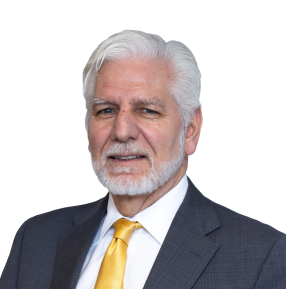

Vincent DiCosimo
Targa Resources Corp.
- An overview of the permitting process for new CO₂ pipelines, from federal safety rules to diverse state-level requirements
- Exploring community and landowner opposition, highlighting property rights concerns and calls for stronger protections
- The opportunities and challenges of converting existing pipelines, including technical feasibility, cost savings, and regulatory hurdles
- Recommendations for balancing safety, efficiency, and public trust in advancing carbon transport infrastructure
10:05 - 10:10
Q&A SESSION ON PIPELINE SAFETY, PERMITTING, AND PUBLIC TRUST
10:10 - 10:35
ENGINEERING RESILIENCE: MATERIAL INNOVATION FOR SAFE AND EFFICIENT CO₂ PIPELINE INFRASTRUCTURE


Harold Evin
Vallourec
- Providing an overview of Vallourec's global operations and CCUS track record, with a focus on U.S. projects
- Introducing the CCUS value chain while outlining the infrastructure challenges to large-scale deployment
- Detailing key design criteria for CO₂ pipelines, including seamless and seam-welded construction methods
- Evaluating corrosion as a critical factor in CO₂ environments and its influence on material selection decisions
10:35 - 10:40
Q&A SESSION ON MATERIAL INNOVATION FOR SAFE CO₂ PIPELINES
10:40 - 11:00
MORNING COFFEE BREAK IN THE EXHIBIT AREA
Sponsored By PIPESENSE
11:00 - 11:30
PANEL DISCUSSION ON REPURPOSING EXISTING INFRASTRUCTURE TO SUPPORT CO₂ SERVICES
- Operational challenges and unique risks of transporting CO₂ compared to natural gas within pipeline systems and infrastructure
- Overcoming challenges in converting crude pipelines for CO₂ while ensuring robust emergency response to safeguard communities
- Identifying pipeline-to-storage site connection barriers and defining composition specifications essential for reliable, safe CO₂ transport
- Implementing real-time sensing technologies enabling safer operation of repurposed CO₂ pipelines within the required safety performance envelopes
| TRC | Moderator
| Atmos International
| Three Affiliated Tribes
| Advanced Resources International
| SLB
11:30 - 11:55
THE CHALLENGES OF CO₂ ALLOCATION FOR PIPELINE OPERATORS IN CCS HUBS


Cesar Martinez Castillo
Endress+Hauser
- Examining the role of the 45Q tax credit in determining the economic viability and monetization of CO₂ capture projects
- Addressing the unique challenges of measuring and allocating CO₂ in hubs where streams from multiple emitters are blended
- Underlining the need for precise measurement to ensure regulatory compliance and accurate tax credit claims by emitters
- Insights on robust monitoring systems and transparent allocation protocols that maintain integrity and accountability
11:55 - 12:00
Q&A SESSION ON ADDRESSING CO₂ ALLOCATION ISSUES IN CCS PIPELINE OPERATIONS
12:00 - 12:25
ADVANCING CO₂ PIPELINE SAFETY WITH PROVEN REAL-TIME LEAK DETECTION


Peter Han
Atmos International
- Integrating real-time statistical leak detection within existing SCADA systems to enhance CO₂ pipeline safety and reliability
- Expertise in continuous monitoring across varied operating conditions, including dense-phase CO₂ transport
- Highlighting key lessons from deployment projects covering requirements, configuration, and validated field performance
12:25 - 12:30
Q&A SESSION ON ENHANCING RELIABILITY IN CO₂ PIPELINE MONITORING AND LEAK RESPONSE
12:30 - 13:30
NETWORKING LUNCH AND VISITING THE CO₂ PIPELINES EXHIBITION
13:30 - 14:00
PANEL DISCUSSION ON ENSURING SAFETY AND COMPLIANCE: REGULATORY FRAMEWORKS FOR CO₂ PIPELINES
- Implications of forthcoming PHMSA CO₂ rulemaking on pipeline safety standards and state regulatory roles and responsibilities
- Operational limits of CO₂ leak detection and unique control room and response challenges versus traditional pipeline fluids
- State eminent domain debates for CO₂ pipelines and PHMSA priorities on accidents, violations, and regulatory noncompliance
- Evolving CO₂ pipeline safety, emergency response, and design lessons to protect communities as networks expand globally
- Regulatory adequacy for CO₂ pipeline rupture behavior and safe conversion of existing pipelines to CO₂ service
| Emerson AspenTech | Moderator
| Van Ness Feldman LLP
| PipeSense
| Faegre Drinker Biddle & Reath
| Sander Resources
| DNV
14:00 - 14:25
THE ECONOMIC AND BUSINESS MODEL FOR CO₂ PIPELINES


Jeff Lee
Battelle Memorial Institute
- Comparing the costs, benefits, and challenges of new pipeline construction versus conversion of existing infrastructure
- Looking at revenue opportunities for CO₂ transport through tolling, 45Q credit sharing, and facility charges
14:25 - 14:30
Q&A SESSION ON REVENUE AND COST STRATEGIES FOR CO₂ PIPELINES
14:30 - 14:55
SUCCESSFUL REAL-TIME LEAK DETECTION FOR CO₂ PIPELINES USING ADVANCED DATA ANALYSIS


Stuart Mitchell
PipeSense
- The application of data analysis and machine learning methods for accurate leak detection in CO₂ pipelines
- Identifying the challenges of pinpointing leak locations in supercritical or dense-phase CO₂ transport
- Gathering operational data and developing robust detection systems
- A real-world case study highlighting the effectiveness of a CO₂ pipeline deployment
14:55 - 15:00
Q&A SESSION ON REAL-TIME LEAK DETECTION USING ML AND DATA ANALYTICS
15:00 - 15:30
AFTERNOON COFFEE BREAK IN THE EXHIBIT AREA
Sponsored By ATMOS INTERNATIONAL
15:30 - 15:55
MODELING AND RISK ASSESSMENT OF CO₂ PIPELINE RUPTURES IN DIVERSE TERRAINS


Charles Venditti
TRC
- Understanding CO₂ behavior during pipeline release events and its significance as a dense gas
- Key modeling inputs that guide assessments of rupture pathways across diverse terrains
- A comparison of CO₂ dispersion patterns within flat landscapes and more complex topographic settings
- The influence of changing modeling assumptions on predicted hazard outcomes
15:55 - 16:00
Q&A SESSION ON CO₂ PIPELINE FAILURE MODELING INSIGHTS
16:00 - 16:25
TECHNOLOGICAL IMPERATIVES IN ACCOUNTING FOR CO₂ STORAGE
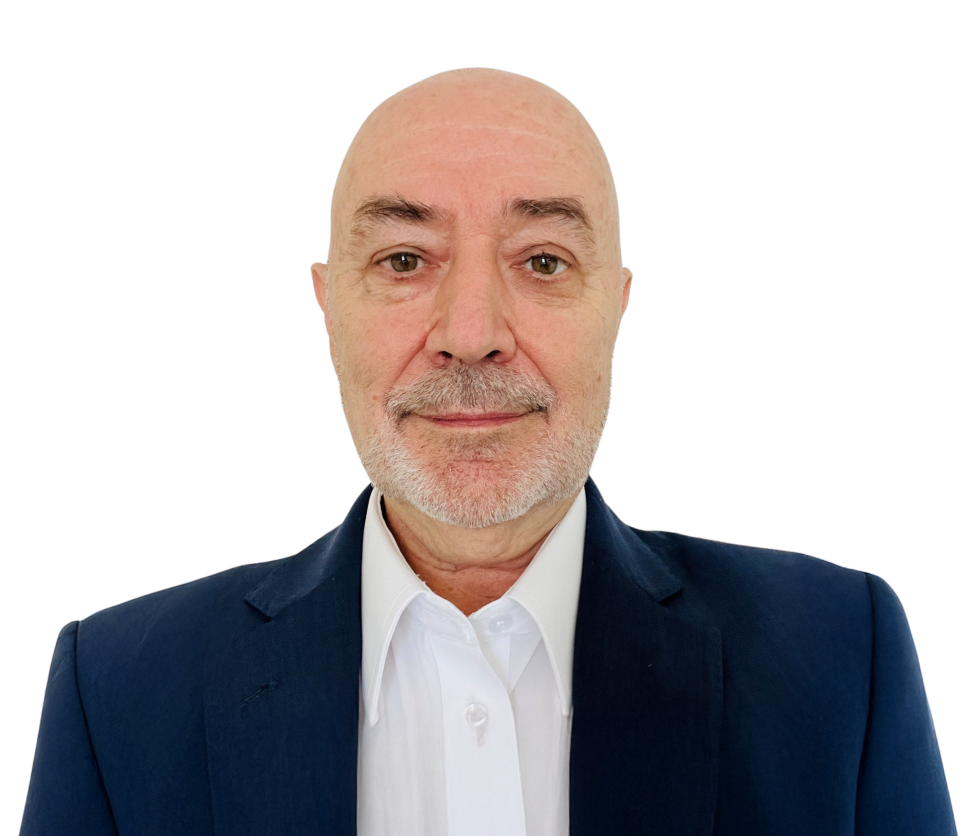

Arjen (AJ) Van De Voort
The Open Group
- Understanding the importance of accurate carbon accounting across capture, transport, and permanent storage phases
- Explaining how different business entities use data standards to ensure reliable CO₂ data exchange
- Referencing key industry standards such as the Open Footprint Data Model, Energistics PRODML, and OSDU for CO₂ storage
- Discussing the technical systems, middleware, and data management tools that enable trusted carbon accounting
16:25 - 16:30
Q&A SESSION ON ENSURING RELIABLE CARBON ACCOUNTING
16:30 - 16:55
CO₂ PIPELINE DESIGN CONSIDERATIONS
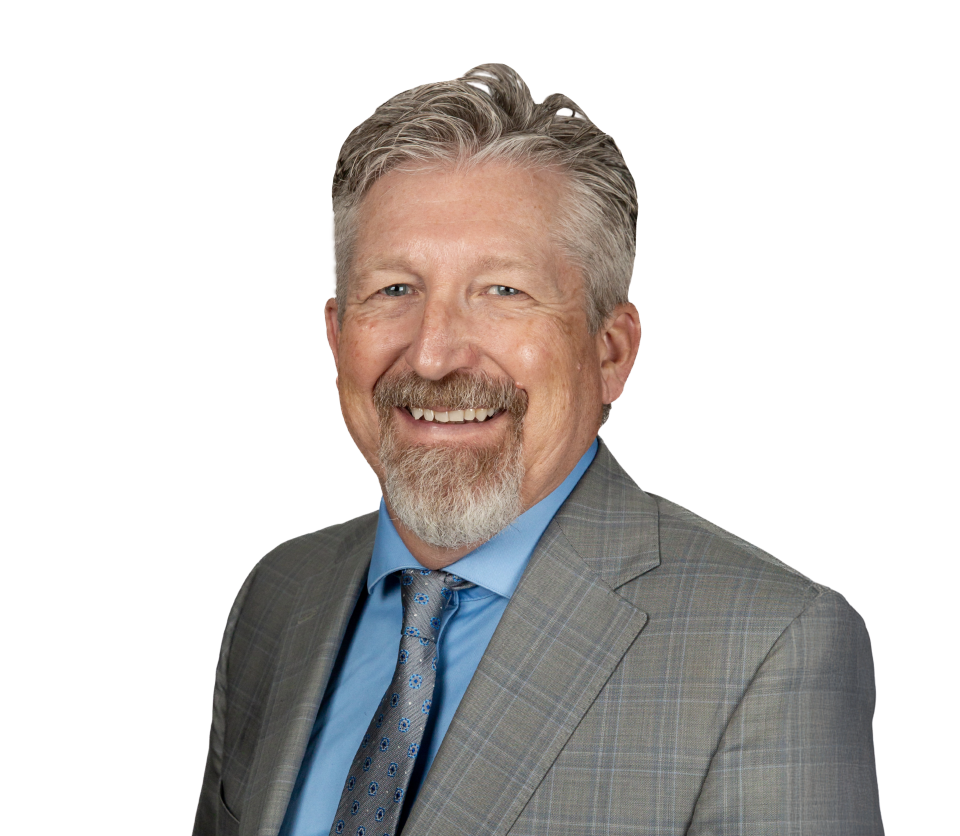

Dale Sostrom
Sargent & Lundy
- Optimizing pipe design and determining the correct pressure class for reliability
- Selecting suitable materials and equipment to ensure safe operations
- Tracking evolving DOT and PHMSA regulations to maintain compliance effectively
16:55 - 17:00
Q&A SESSION ON IMPROVING SAFETY AND EFFICIENCY IN CO₂ PIPELINES
17:00 - 17:25
POP FIZ GO: PREPARING FOR A CO₂ EMERGENCY

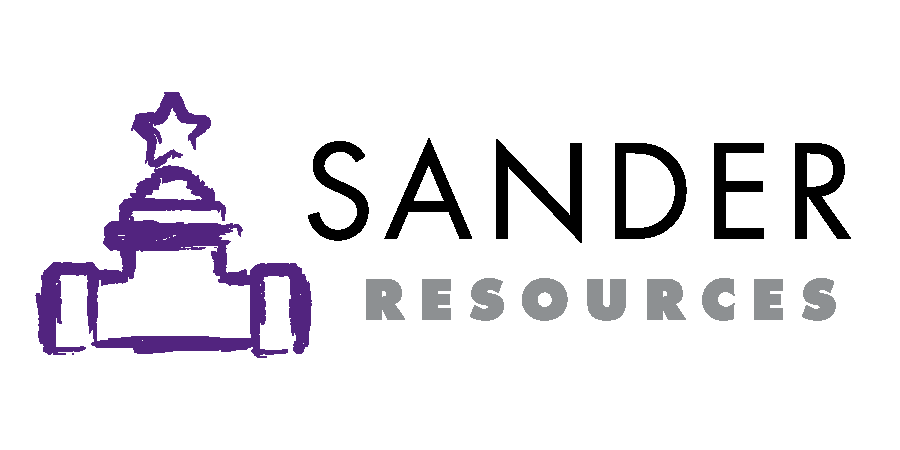
Lindsay Sander
Sander Resources
- The role of volunteer emergency response agencies in national CO₂ pipeline safety preparedness
- The evolution of responder training from traditional outreach to advanced digital and immersive formats
- Emerging tools supporting pipeline awareness, incident readiness, and coordinated response efforts
- Industry-led initiatives strengthening emergency preparedness across varied response environments
17:25 - 17:30
Q&A SESSION ON CO₂ EMERGENCY PREPAREDNESS AND RESPONSE PRACTICES
17:30 - 18:30
NETWORKING DRINKS RECEPTION
Day 2 :
TUESDAY, FEBRUARY 17, 2026
08:30 - 09:00
MORNING REFRESHMENTS
09:00 - 09:10
OPENING ADDRESS
09:10 - 09:35
ENSURING SAFETY FOR CO₂ TRANSPORT FROM SOURCE TO SINK WITH CODES AND STANDARDS

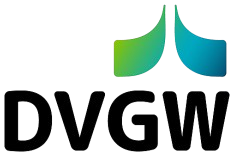
Stefan Gehrmann
DVGW
- International codes and standards that guide safe CO₂ transportation practices
- Translating ISO/CD 27913 into national rules and regulations to ensure compliance and consistency
- Defining CO₂ quality requirements for effective and secure pipeline transportation
- Investigating the European and German CCUS developments while building future-ready CO₂ networks
09:35 - 09:40
Q&A SESSION ON THE EUROPEAN PERSPECTIVE OF CO₂ TRANSPORT SAFETY
09:40 - 10:05
REGULATORY AND POLICY ISSUES AFFECTING CO₂ PIPELINES


Nathan Menard
Hunton Andrews Kurth LLP
- Federal and state governance frameworks shaping CO₂ pipeline development in practice
- Addressing permitting requirements and siting challenges influencing project timelines and risks
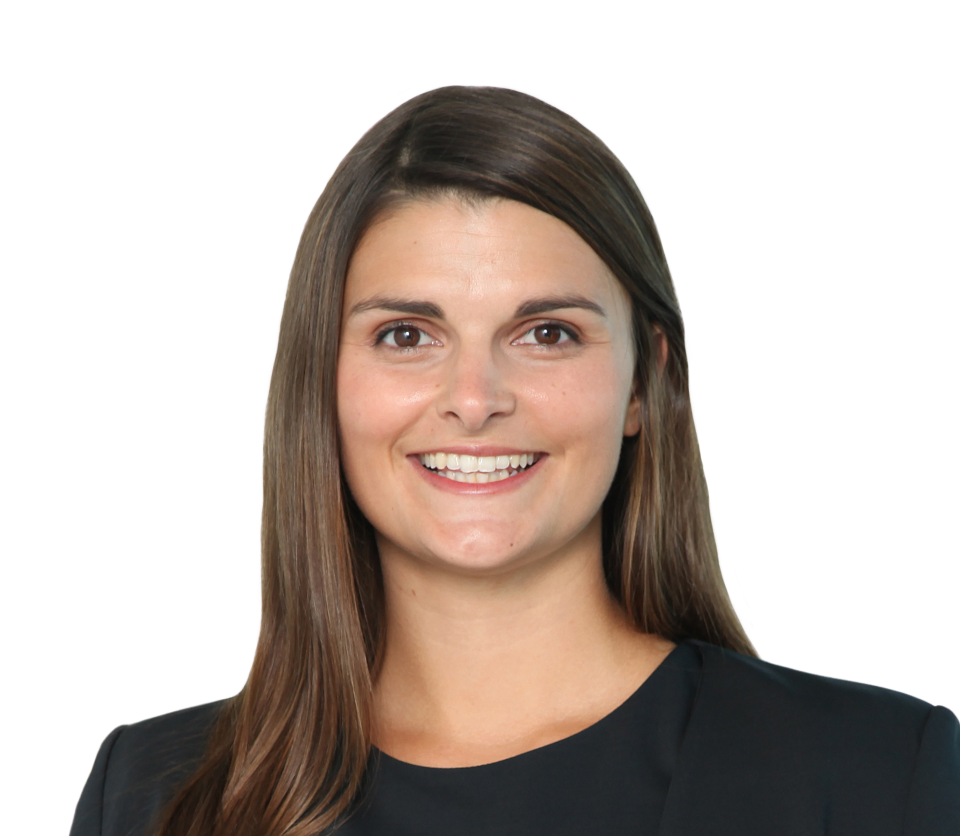

Alexandra Hamilton
Hunton Andrews Kurth LLP
- Regulatory gaps and inconsistencies impacting infrastructure planning and investment
- Considering federal policy trends, including reform efforts and CCUS implications for pipelines
10:05 - 10:10
Q&A SESSION ON PERMITTING GOVERNANCE AND POLICY RISKS FOR CO₂ PIPELINES
10:10 - 10:35
FROM PLANNING TO OPERATIONS: BUILDING A FOUNDATION FOR CO₂ PIPELINES WITH GEOSPATIAL TECHNOLOGY
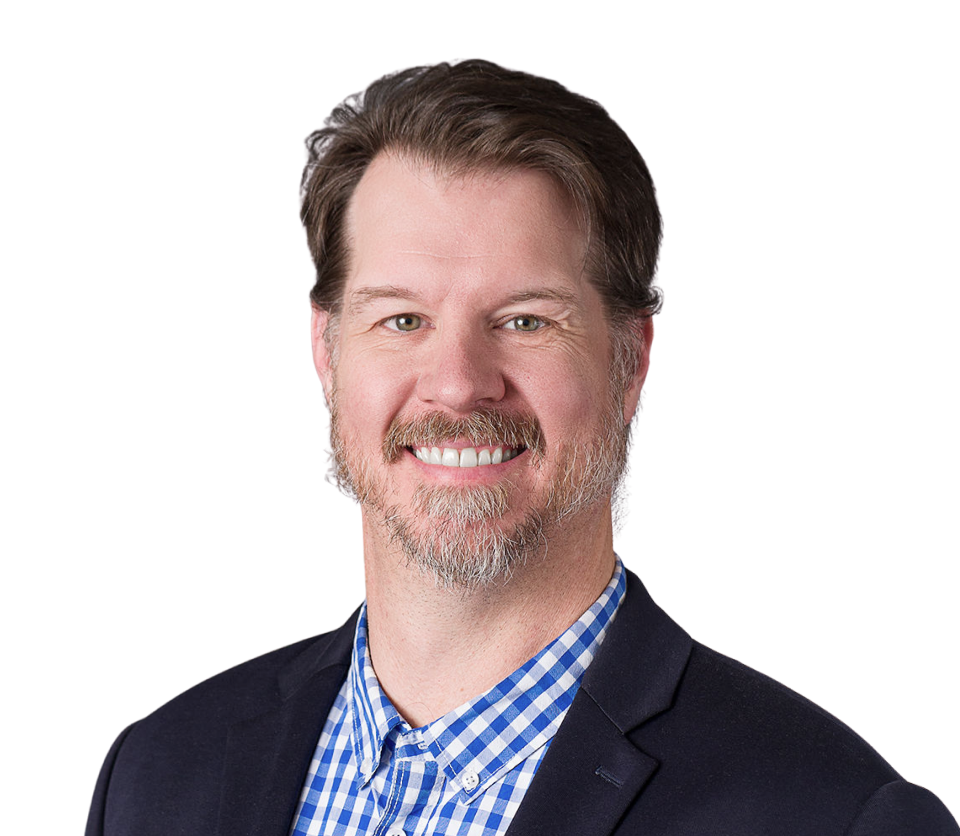

Lucas Hutmacher
Esri
- Leveraging GIS to optimize routes by integrating environmental, regulatory, and engineering datasets
- Minimizing risks and community impacts while streamlining permitting and stakeholder engagement
- Using geospatial workflows and digital twins to manage survey data, designs, and as-built records
- Delivering an operations-ready dataset that ensures compliance, integrity, and long-term resilience
10:35 - 10:40
Q&A SESSION ON USING GEOSPATIAL TOOLS FOR CO₂ PIPELINE DEVELOPMENT
10:40 - 11:00
MORNING COFFEE BREAK IN THE EXHIBIT AREA
Sponsored By TDA RESEARCH
11:00 - 11:25
CO₂ RESEARCH AT SCALE – SKYLARK
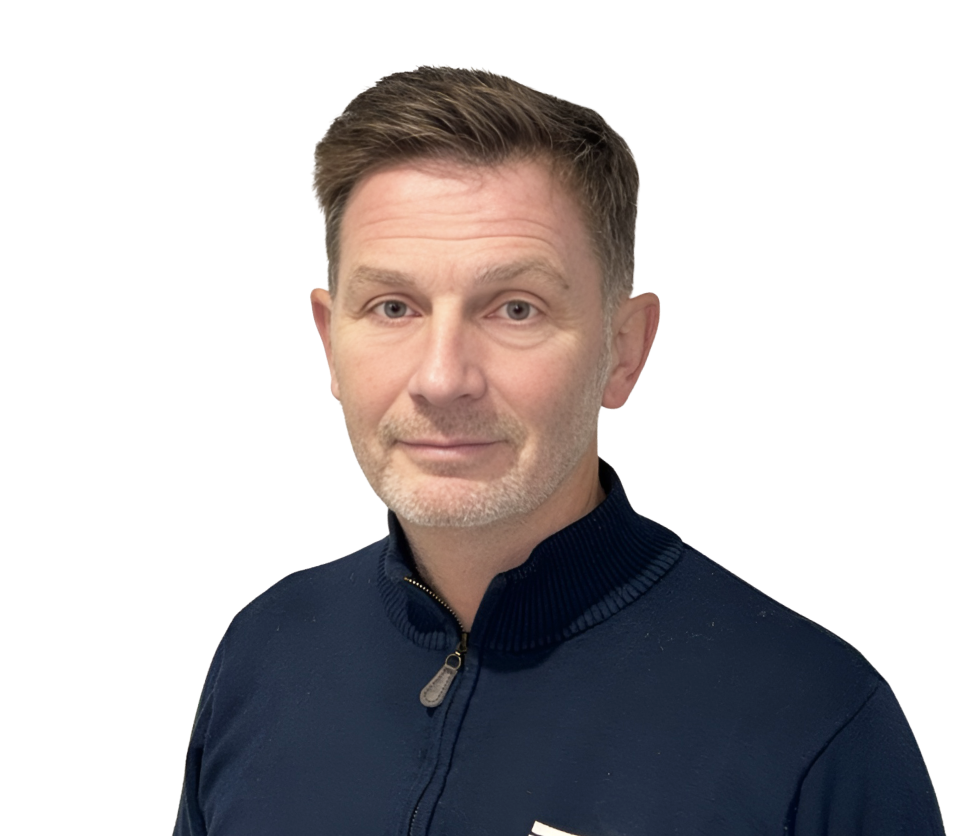

Andrew Cummings
DNV
- Addressing large-scale CCS challenges and assessing risks linked to transporting CO₂ through pipelines
- Crater formation and atmospheric effects to better understand CO₂ dispersing behavior
- Investigating terrain influences that shape dense cloud movement across varied and complex landscapes
- Evaluating emergency response and operational issues to support safer large-scale CO₂ pipeline systems
11:25 - 11:30
Q&A SESSION ON ADVANCING SAFETY IN CO₂ PIPELINE OPERATIONS
11:30 - 11:55
DIGITAL DESIGN TOOL FOR CO₂ TRANSPORT SYSTEMS
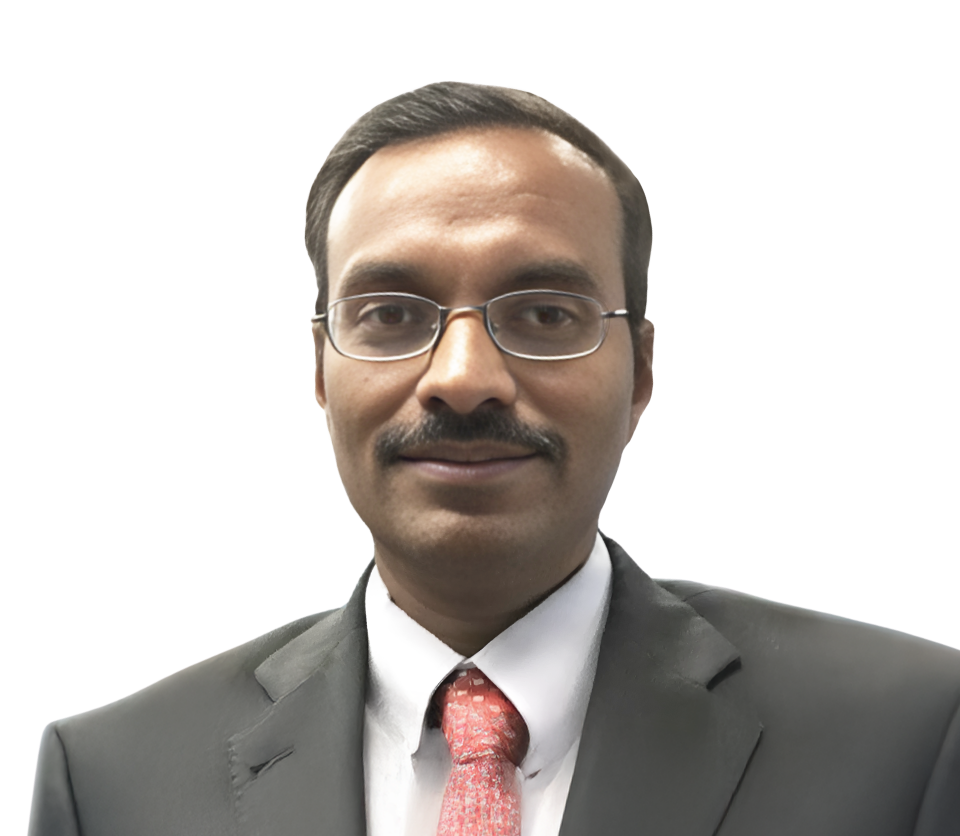

Ambalavanan Jayaraman
TDA Research
- Developing digital tools supporting conceptual design and configuration of CO₂ conditioning systems
- Approaches that minimize oxygen levels in captured CO₂ streams to meet transport requirements
- Managing asset integrity risks for equipment exposed to CO₂ with varied impurities and operating conditions
- Predicting long-term system behavior to guide safer design choices across pipeline components and boosters
11:55 - 12:00
Q&A SESSION ON MODELING APPROACHES FOR CO₂ INFRASTRUCTURE
12:00 - 12:25
INTEGRATING CO₂ PIPELINES WITH CCS: DIGITAL PATHWAYS FOR SCALABLE, RELIABLE DEPLOYMENT
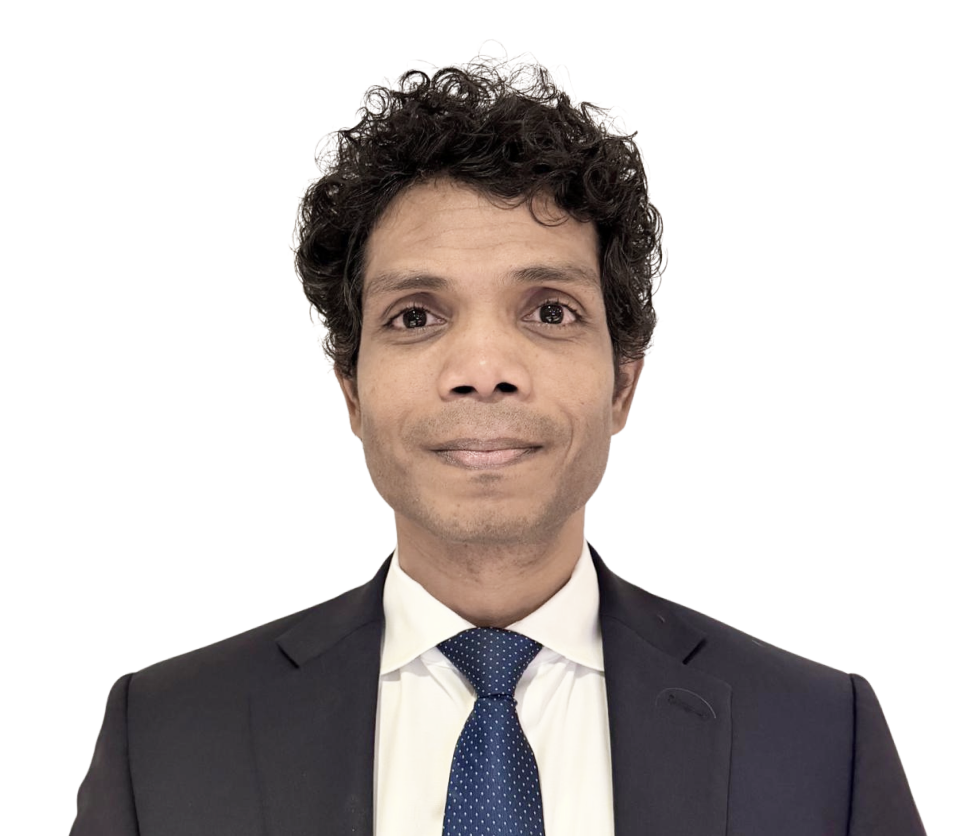

Jeyatharan Arjunan
Emerson | AspenTech
- Connecting CO₂ pipelines with capture facilities and storage hubs for safe and reliable operations
- Applying digital twins and predictive analytics to boost efficiency and reduce project risks
- Real projects and emerging technologies advancing scalable carbon management
12:25 - 12:30
Q&A SESSION ON DIGITAL PATHWAYS FOR CO₂ NETWORK DEPLOYMENT
12:30 - 13:30
NETWORKING LUNCH AND VISITING THE CO₂ PIPELINES EXHIBITION
13:30 - 13:55
MAKING CO₂ PIPELINES SAFER WITH DISTRIBUTED TEMPERATURE SENSING
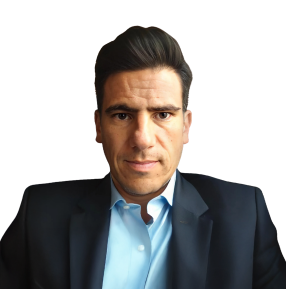

Cristian Grecco
Prysmian
- Assessing the behavior of CO₂ leaks and highlighting the unique challenges they present for detection
- Describing the immediate and long-term consequences of leaks to emphasize the need for robust safety systems
- Demonstrating how distributed temperature sensing can identify leaks up to 100 times smaller than conventional methods
- Explaining the fundamentals of fiber optic distributed temperature sensing for effective long-distance pipeline monitoring
13:55 - 14:00
Q&A SESSION ON USING DISTRIBUTED TEMPERATURE SENSING FOR CO₂ PIPELINE SAFETY
14:00 - 14:25
ADVANCING REAL-TIME LEAK DETECTION USING DISTRIBUTED FIBER OPTIC SENSING TECHNOLOGY


Dane Langen
LUNA Innovations
- Core principles of distributed fiber optic sensing and outlining when to apply DAS or DTS in different pipeline systems
- Combining DAS and DTS technologies to enhance leak detection accuracy through dual signal validation
- Integrating real-time acoustic and temperature data to improve operator response and increase system confidence
- Alignment of dual sensing approaches with standards to ensure reliable and compliant leak detection
14:25 - 14:30
Q&A SESSION ON ADVANCING LEAK DETECTION USING DFOS SYSTEMS
14:30 - 14:55
NEW MASS MEASUREMENT STANDARDS FOR CO₂ AND THEIR FINANCIAL AND REGULATORY IMPACT


Ardis Bartle
Apex Measurement and Control
- Identifying the challenges of CO₂ measurement due to its tendency to exist in multiple phases
- Developing two new API standards for dense and supercritical CO₂ measurement
- Describing how these standards support accurate financial reporting and regulatory compliance
- Outlining the benefits for producers, pipelines, and storage operators across the CO₂ industry
14:55 - 15:00
Q&A SESSION ON CO₂ MEASUREMENT FOR FINANCIAL AND REGULATORY NEEDS
15:00 - 15:15
FEEDBACK AND RAFFLE DRAW
15:15 - 15:30
CLOSING REMARKS
Become a Speaker & Join the Conversation
SUBSCRIBE FOR UPDATES
By submitting, you agree to receive email communications from the event organizers, including upcoming promotions and discounted tickets, news, and access to related events.
